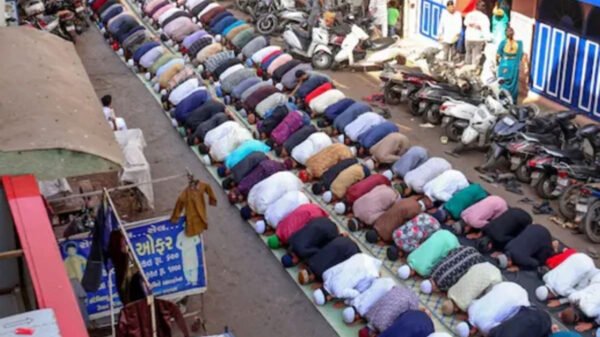Reserved Seats
On Tuesday, a five-member panel of the Election Commission of Pakistan (ECP) adjourned the Sunni Ittehad Council’s (SIC) plea for the allocation of reserved seats in the national and provincial assemblies until Wednesday.
This decision comes amid a broader dispute between the government and President Arif Alvi over the issuance of notifications for 23 reserved seats.
President Alvi, a member of the Pakistan Tehreek-e-Insaf (PTI), rejected a summary for summoning the National Assembly session, arguing that the assembly was “incomplete” without the pending notifications.
The ECP panel, in an open hearing, addressed the plea submitted by the Muttahida Qaumi Movement-Pakistan (MQM-P) convener against the proposed allocation of seats to the SIC.
Last week, Moulvi Iqbal Haider also filed a petition seeking to prevent the SIC from being treated as a parliamentary party. This petition, along with other related petitions, is also scheduled for hearing.
Sahibzada Hamid Raza, the head of SIC, arrived at the ECP Office in Islamabad, joined by representatives from various political parties including PTI’s Barrister Gohar Khan and Babar Awan, PML-N’s Capt (retd) Safdar, Attaullah Tarar, and Azam Nazeer Tarar.
The ECP has already announced decisions on the allotment of reserved seats in the National Assembly, excluding those earmarked for the SIC. However, the 23 reserved seats expected to be allocated to the SIC remain undecided, creating a significant political tension.
If these seats are assigned to other parties, it could impact the balance in the National Assembly, potentially giving the ruling alliance the necessary majority.
The SIC initially approached the ECP on February 21, seeking the allotment of reserved seats, marking a crucial development in the ongoing political dynamics in Pakistan.
The adjournment signals a continued deliberation over the complex issue that intertwines parliamentary representation, constitutional amendments, and political alliances.










